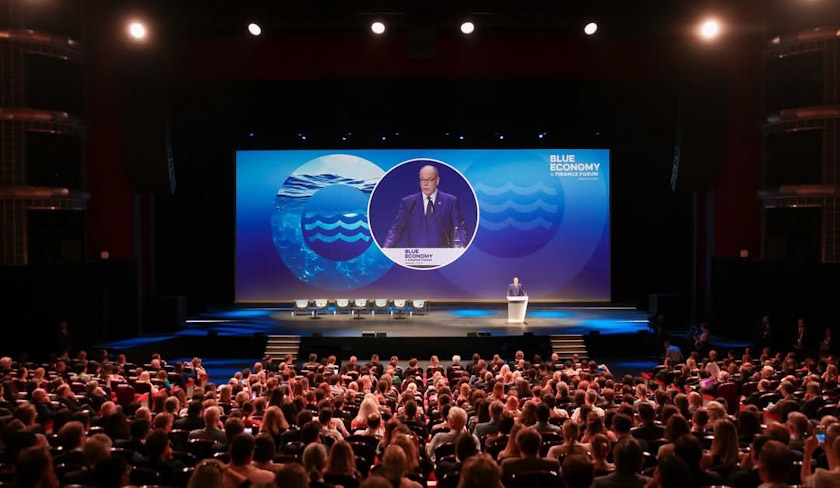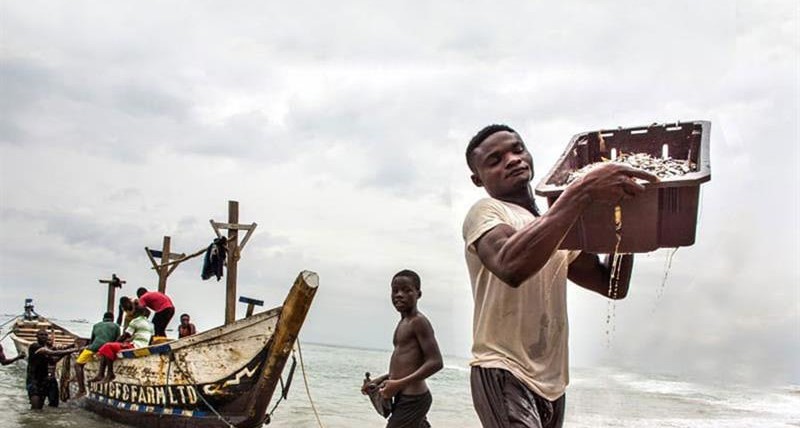On June 7–8 in Monaco, an international gathering placed the ocean at the heart of global priorities. Over the course of two days of dynamic discussions, political leaders, experts, investors, and civil society representatives came together to explore the future of the blue economy. This forum, held in anticipation of the United Nations Ocean Conference (UNOC-3) currently underway in Nice, shed light on the deep links between marine environments, sustainable development, and the future of human societies.
Throughout the sessions, one key message stood out: the ocean is not only a natural heritage to protect — it is also a powerful economic lever. But harnessing this potential requires a clear shift in approach.
In one of the forum’s standout speeches, Pascal Lamy, former Director-General of the WTO, reminded attendees that the ocean holds an estimated economic value of $25 trillion. A staggering figure — but one that will remain out of reach if current overexploitation practices continue.
Dedicated workshops addressed concrete issues:
- How can investment be attracted to boost the resilience of coastal areas?
- How can we reduce plastic pollution that threatens marine biodiversity?
These questions are especially relevant for Mediterranean countries — and Tunisia in particular.
A Call for Action on World Ocean Day
On June 8, to mark World Ocean Day, French President Emmanuel Macron and Prince Albert II of Monaco issued a joint call to action. They emphasized the urgent need to protect the ocean — this « invisible climate » that regulates the planet and shelters invaluable biodiversity. Their message also underscored the importance of strengthening international cooperation, accelerating the development of marine renewable energy, and moving away from fossil fuels.
The forum highlighted a global financial shift toward ocean protection, with €25 billion already invested in concrete ocean transition projects, including decarbonizing maritime transport, restoring marine ecosystems, advancing ocean energy, and developing marine biotechnology. This funding comes from a wide coalition of public, private, philanthropic, and financial institutions.
Additionally, €8.7 billion in new financial commitments were announced for 2030 — €4.7 billion from philanthropists and private investors, and €4 billion mobilized by public financial institutions. This represents around 8% of the current annual flow of blue finance, estimated at €25 billion — a strong signal for action, backed by recent international agreements like the BBNJ Treaty and the Global Biodiversity Framework (GBF).
A Concrete Outlook for Tunisia
For Tunisia, these discussions are highly relevant. With over 1,300 kilometers of coastline, the country’s coastal regions are home to a large part of the population, whose livelihoods are closely tied to the sea. In coastal towns and villages, marine resources are not abstract ideas — they feed families, support small-scale fishers, artisans, and hoteliers, and often represent the only hope for a better future for young people.
In this context, Tunisian authorities launched a deep reflection on the blue economy in 2020. Supported by the World Bank, the government initiated a collective process to develop a national strategy that balances economic development with environmental protection. Experts, institutions, private sector representatives, and civil society were brought into the process.
Three major goals are emerging:
- Revive economic growth through maritime sectors — fisheries, aquaculture, tourism, transport, and renewable energy.
- Ensure inclusive growth, especially for youth, women, and coastal communities.
- Protect marine ecosystems through sustainable resource management.
On the ground, this means modernizing fishing practices, developing eco-friendly aquaculture, and rethinking coastal tourism to make it more ethical and climate-resilient. It also means investing in innovation, education, and empowering young Tunisians to invent new, ocean-related careers.
In a country where youth unemployment remains one of the most pressing challenges — especially in coastal regions — the blue economy could offer a way forward.
It is not a miracle cure, but it does provide a realistic path: one grounded in local realities, future-focused, and respectful of natural balances.




